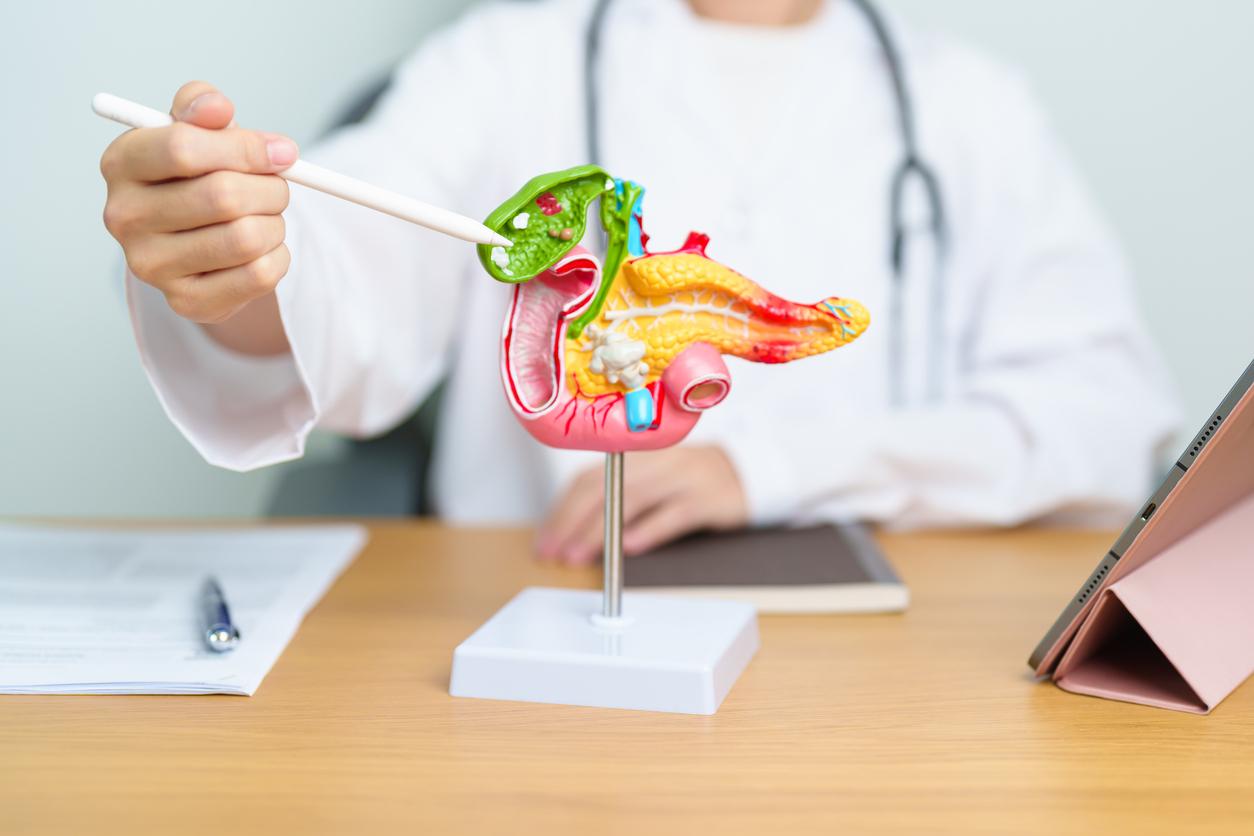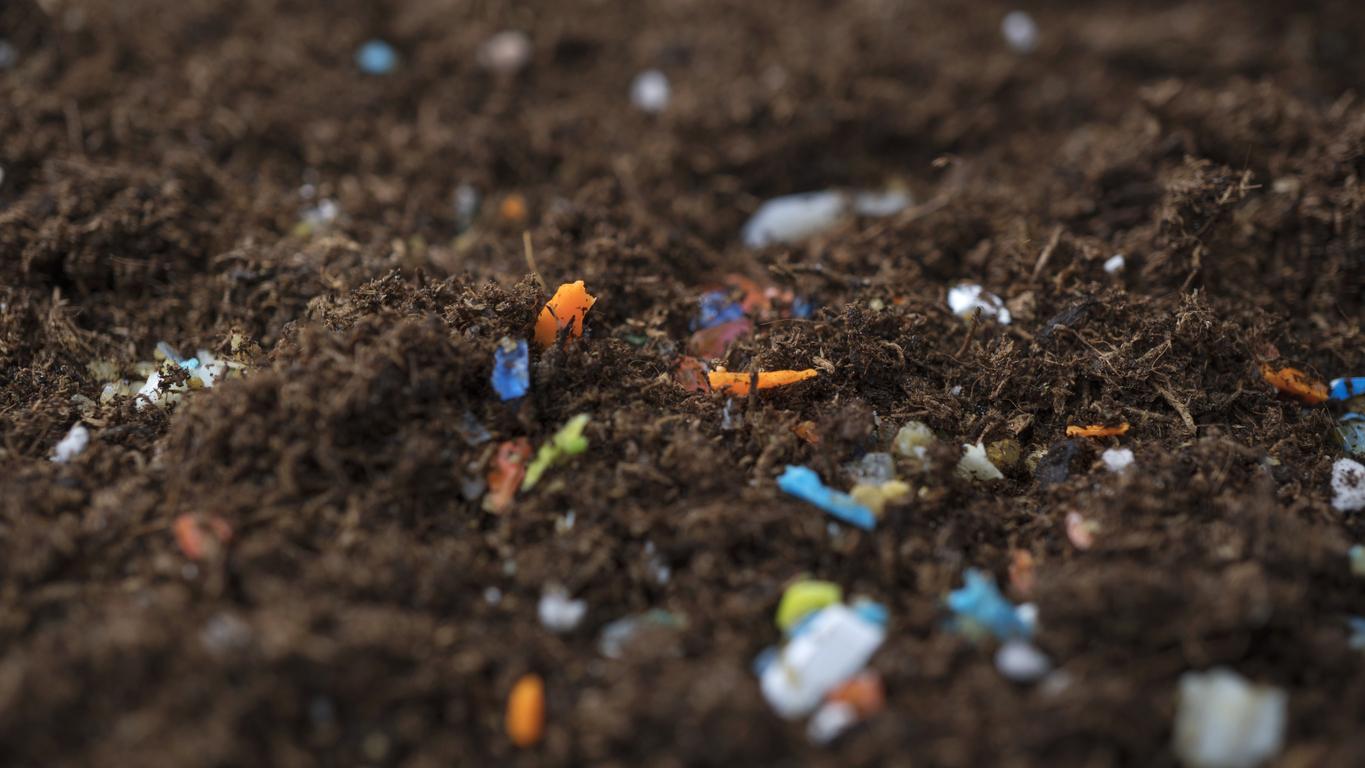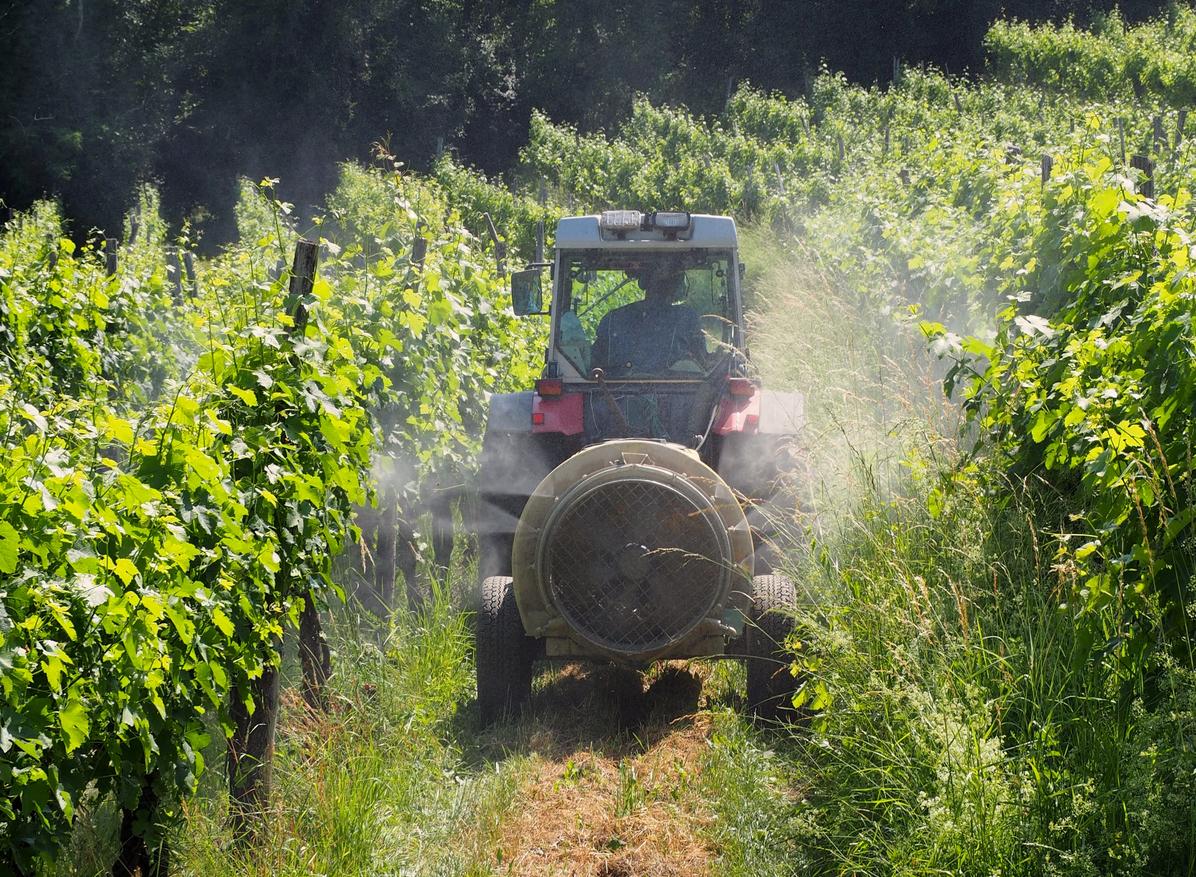Ségolène Royal announced several measures to strengthen the protection of workers against pesticides, after the publication of a very critical report.

It was at the headquarters of the National Agency for Food, Environmental and Occupational Health Safety (Anses) that Ségolène Royal was officially given the report on farmers’ exposure to pesticides. Work carried out by the Agency, which points to major flaws.
Lack of political will
In terms of occupational exposure to pesticides and the use of products in agriculture, information is incomplete and interests differ. Lack of independence and transparency hamper the implementation of protective measures. In the thousand pages of this report, the observation is that of a failure from all points of view – with at the end of the chain, at least one million workers exposed to plant protection products.
While the authors implicitly describe the absence of political voluntarism, the Minister of the Environment has decided to step up to the plate. Through a press release, Ségolène Royal announced that several measures will be implemented to strengthen “the regulatory framework relating to the use of plant protection products and biocides by agricultural workers”.
Ban the most toxic products
The ministry wants “the products identified as the most toxic” to be withdrawn from sale, such as dimethoate, ethyl chlorpyrifos and glyphosate herbicides using co-formulants, according to an expertise from ANSES. The conditions of re-entry of agricultural workers to plots treated with pesticides, as well as the standards of equipment, will have to be reviewed.
The Minister of Health is considering other avenues, such as “conditioning the use of the most dangerous phytosanitary products (carcinogens, repro-toxic or endocrine disruptors), which should only be implemented when they exist. no alternative to the specific and prior issue of independent advice provided for by the rural code ”.
“Certipesticide”
The establishment of a “certipesticide” certificate is under study; it would be compulsory for all farmers and agricultural workers “before they can acquire and use pesticides, whether they are considered as phytosanitary products or as biocidal products”.
Ségolène Royal finally undertook to formulate proposals to the European Commission so that “the co-formulants used in pesticide products are identified and that carcinogenic, reprotoxic and endocrine disrupting co-formulants, such as tallowamine, for example, are prohibited. in the same way as the active substances ”.
.















